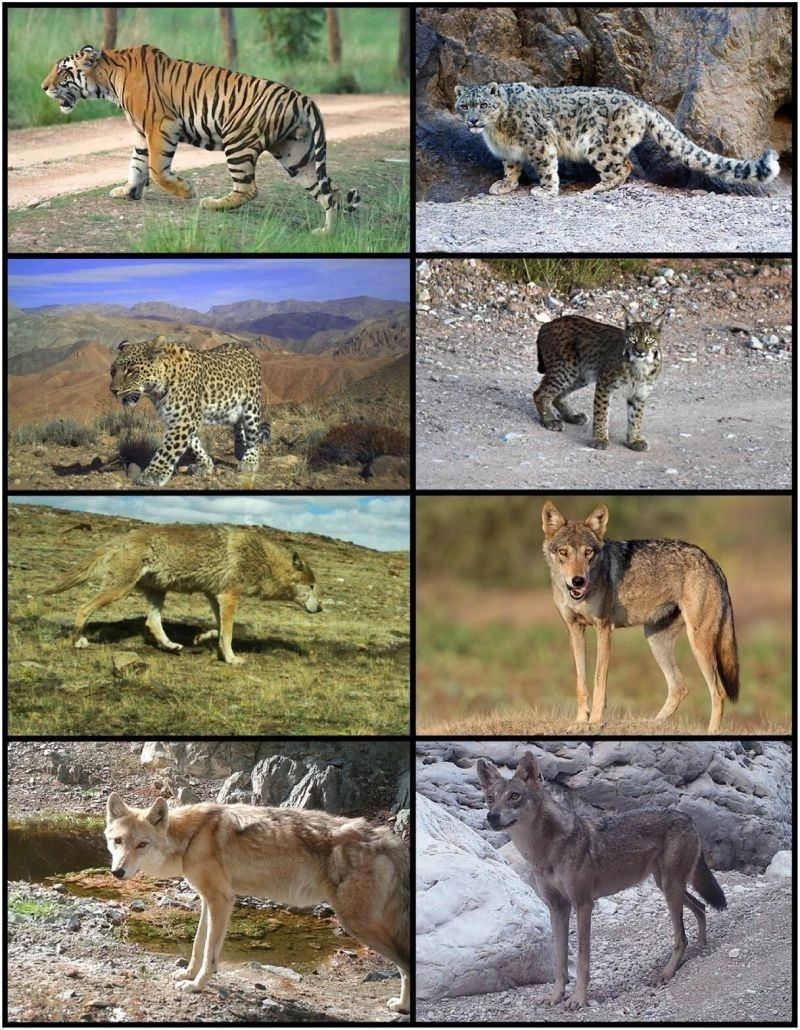I regularly receive expressions of interest, mostly from developing countries, from students keen to do a PhD on the behavioural ecology of #carnivores (especially felids), focusing on movement, populations, species interactions, or conflict.
Having done my own PhD on one of these species, I deeply relate to this passion. A decade ago, species-focused ecological PhDs (especially on charismatic carnivores) were common. But the academic landscape has shifted significantly. It’s now much harder to find PhD programs that support this kind of work, often due to:
1. Reduced #novelty: Many ecological aspects are now well-studied.
2. Data limitations: Rare species make for risky projects with uncertain outcomes.
3. Interdisciplinary shift: PhDs increasingly integrate #social, political, or #data sciences to address #real-world issues.
Meanwhile, funding for ecological research, particularly in developing countries, remains very limited. This adds another layer of complexity.
What does this mean for prospective PhD students?
Here are three takeaway messages:
1. Learn current research trends and adapt your proposals accordingly.
2. Rather than leading with your species of interest, consider where your interests intersect with pressing global or policy-relevant challenges.
3. Be flexible, be #strategic, and stay open to interdisciplinary approaches.
Your passion matters—but landing a funded PhD today requires #strategy, #flexibility, and alignment with evolving research priorities. It needs more than #passion alone.
Photo sourced from https://lnkd.in/emcKSESD

